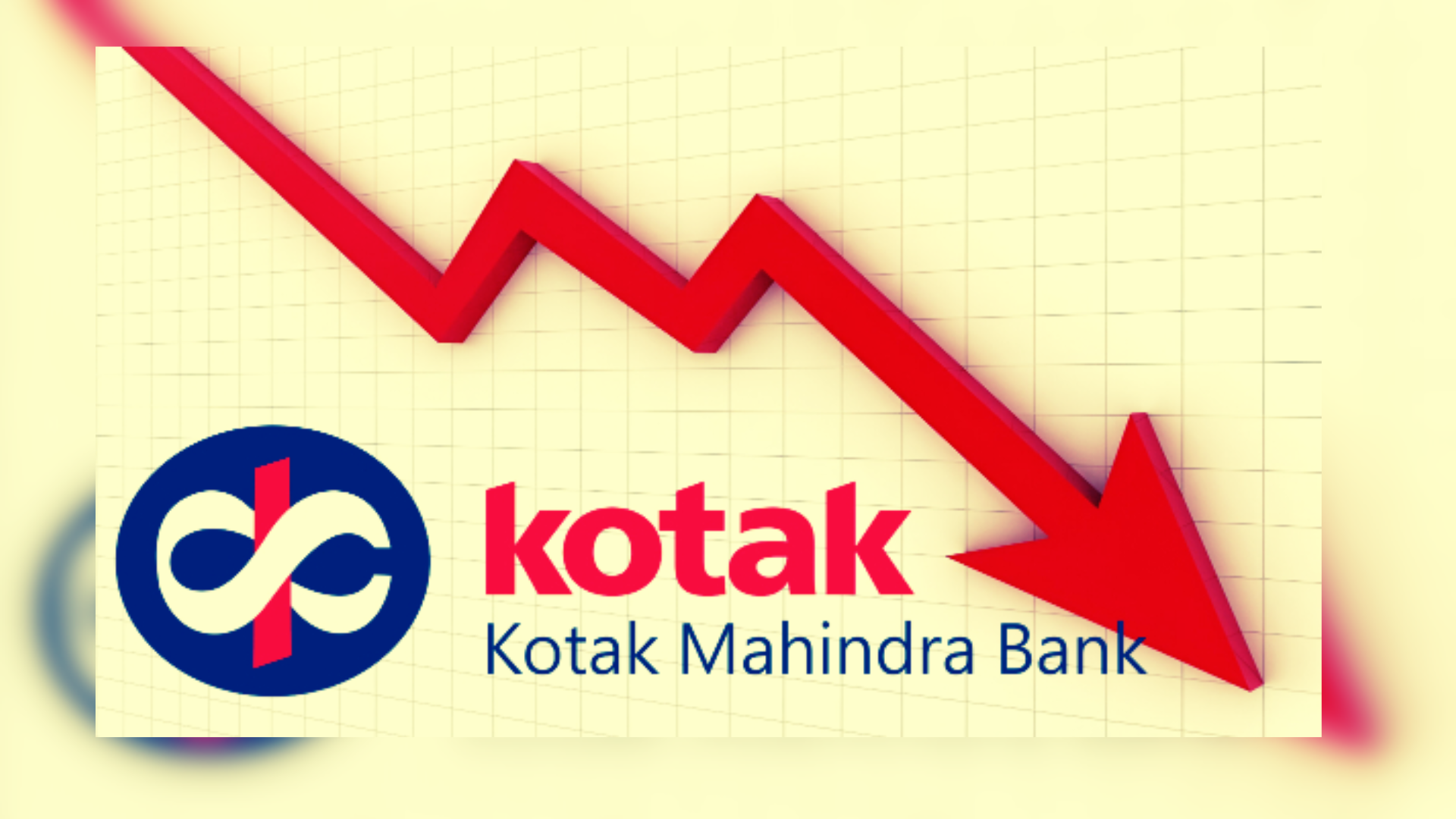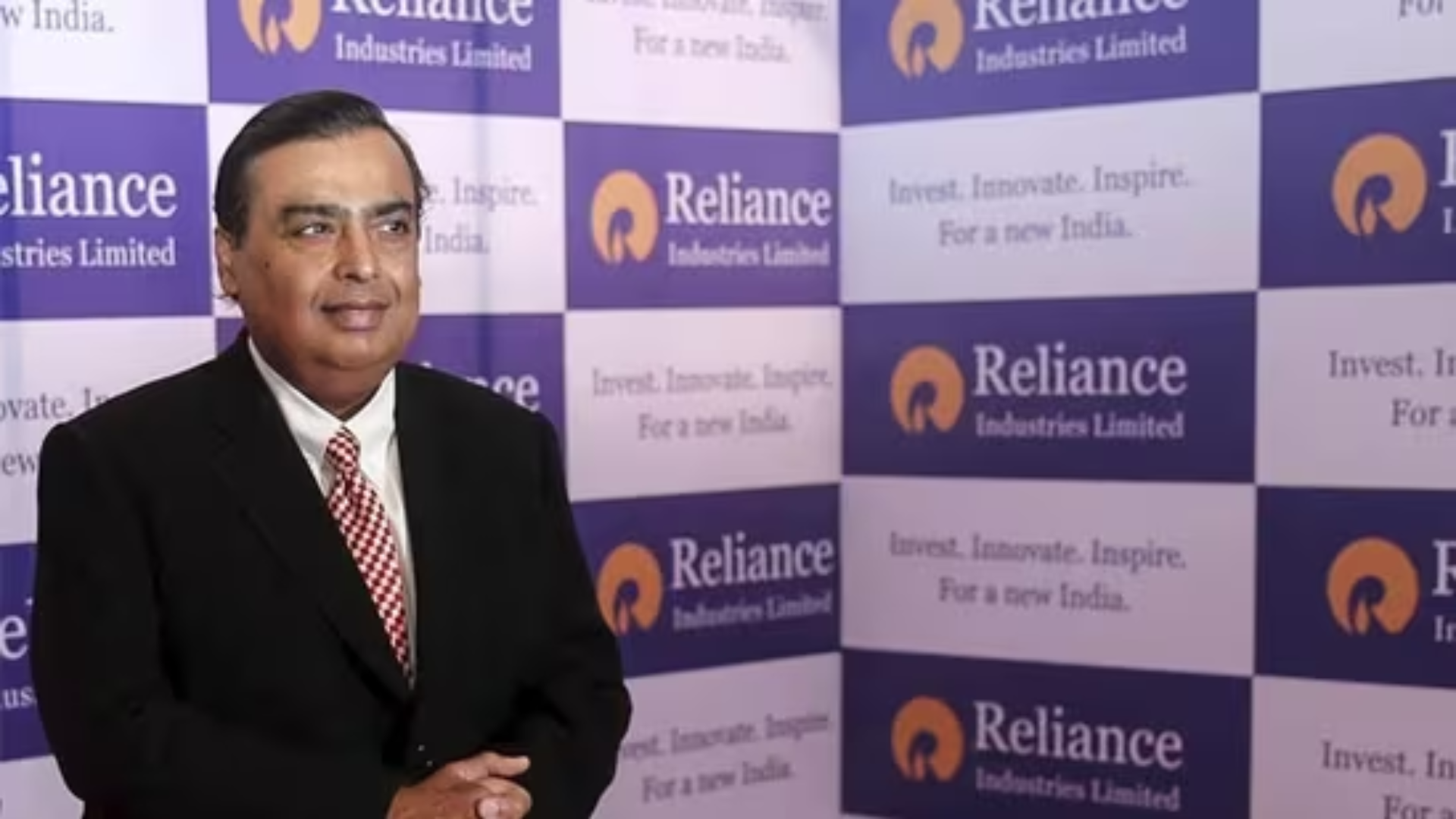TikTok, the popular social media platform, has implemented a stringent rule for its employees regarding criticism of the company. According to reports from Fortune, TikTok has warned current and former staffers against making negative comments about the company, its affiliates, or employees. Failure to comply could result in the forfeiture of restricted stock units (RSU), a form of compensation offered by the company.
The provision, outlined in a TikTok shareholder agreement, states that RSU holders are prohibited from making “critical, adverse, or disparaging” remarks about TikTok. Should an employee violate this clause, all of their restricted share units would be immediately forfeited.
This policy has garnered attention after a former employee, Patrick Spaulding Ryan, raised concerns about the disparagement clause on LinkedIn. Ryan reported that he was not included in TikTok’s recent buyback offer for current and former employees, leading him to believe he is now a target for the company.
The implementation of such rules coincides with ongoing scrutiny of TikTok’s operations, particularly in the United States. Former President Donald Trump has labeled TikTok as a national security threat, although he also acknowledged the potential negative impact of banning the app, which he believes would benefit competitors like Facebook.
In response to concerns about data security, TikTok has reassured US Congress that it is not controlled by the Chinese government. However, recent intelligence reports suggest that TikTok accounts associated with a Chinese propaganda arm targeted candidates from both political parties during the 2022 US midterm elections.
As TikTok faces increasing scrutiny and regulatory pressures, its decision to enforce strict policies regarding employee criticism reflects the challenges it continues to navigate in maintaining trust and credibility, both within its workforce and with external stakeholders.




















